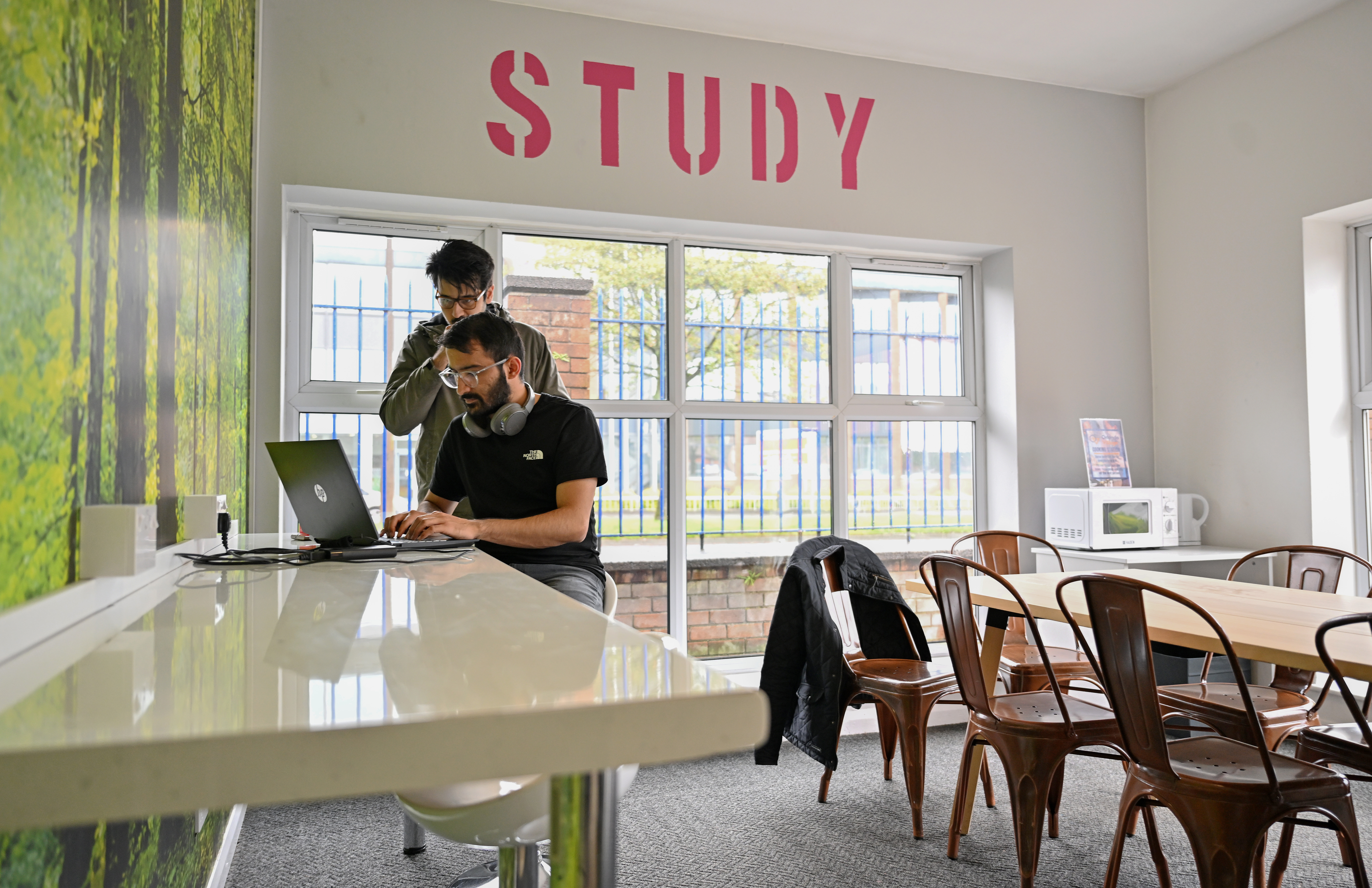So, you’ve survived undergrad (or you’re just about to) and now you’re toying with the idea of doing a master’s degree? Maybe you’re hyped to specialise in something you love—or maybe you just can’t face the real world yet. Either way, we’ve got you.
If you’re currently buried under dissertations and Deliveroo receipts, don’t panic—we’ll break it all down nice and easy. Master’s degrees might sound intense, but once you know what to expect, it’s way less scary.
Here’s your no-nonsense guide to all things master’s 👇
What is a master’s degree, anyway?
A master’s degree is the next step up after your bachelor’s. It’s a postgrad qualification that shows you’ve gone deeper into a subject—perfect if you’re trying to boost your job options or just geek out on something you’re obsessed with.
Think: fewer contact hours, more independent study, and A LOT more reading.
How long does a postgraduate degree take? ⏳
-
Full-time: Usually 1 year
-
Part-time: Around 2 years
If you’ve just done 3 years of undergrad, the idea of cramming postgrad into a single year sounds wild—but it’s doable (with lots of coffee).
Master’s degree types: What kind of postgrad course should you choose?
Not all master’s are made equal. Here’s the TL;DR:
-
MA = Master of Arts (creative stuff, humanities)
-
MSc = Master of Science (STEM or social science)
-
MRes = Research-heavy
-
PGCE = Teaching
-
LLM, MBA, etc. = Law, Business, niche career stuff
Some are taught like undergrad, others are mostly research-based. Pick your vibe.
Ask yourself: Why do I want to do a master’s degree?
No shade, but ask yourself: Is this really what I want?
Postgrad study can be amazing—but it’s also pricey and intense. Are you doing it because:
-
You need it for your dream job?
-
You’re passionate about the subject?
-
You’re just not ready to leave student life yet?
All valid—just be real with yourself.
How to fund a master’s degree without losing your mind 💸
This bit isn’t fun, but it’s important:
-
Postgrad Loan (England): You can get up to £12,471 (2025 update)
-
University Discounts: Some unis offer alumni a cheeky 10–20% off
-
Scholarships/Grants: Look early—they go fast
-
Part-time work: The classic student hustle
And remember, if you’re sticking around Bolton, you can still live at Orlando Village (and skip the stress of finding a new flat).
What should you study?
This is your chance to get niche. Loved your undergrad subject? Go deeper. Hated it? Time for a pivot.
Use sites like FindAMasters to compare options. Filter by location, course type, and even study mode (online, hybrid, in-person).
Where do you want to study?
You could stay in Bolton (cheap, familiar, cosy vibes 💕), move to a new city, or go full ✨study abroad✨. Your call.
Wherever you choose, sort your accommodation early. If you’re sticking local, we’ve got room types for every vibe—Bronze, Silver, and even luxe Gold rooms with ensuite bathrooms and LED lighting.
Do you meet the entry requirements?
Start checking this now so you’re not caught off guard. You’ll usually need:
-
A 2:1 or 2:2 in a relevant degree
-
Maybe a portfolio or work experience
-
Some courses ask for interviews or proposals
💡Pro tip: Volunteering or a short internship now could seriously boost your application game.
Final thoughts 💭
Applying for a master’s degree isn’t that different from applying to undergrad—just with a bit more self-awareness and probably less TikTok scrolling (we said probably).
It’s a big decision, but if it feels right, go for it! And if you’re planning to stay in Bolton, don’t forget to book your room at Orlando Village early. Your postgrad era deserves comfy vibes and good WiFi.








